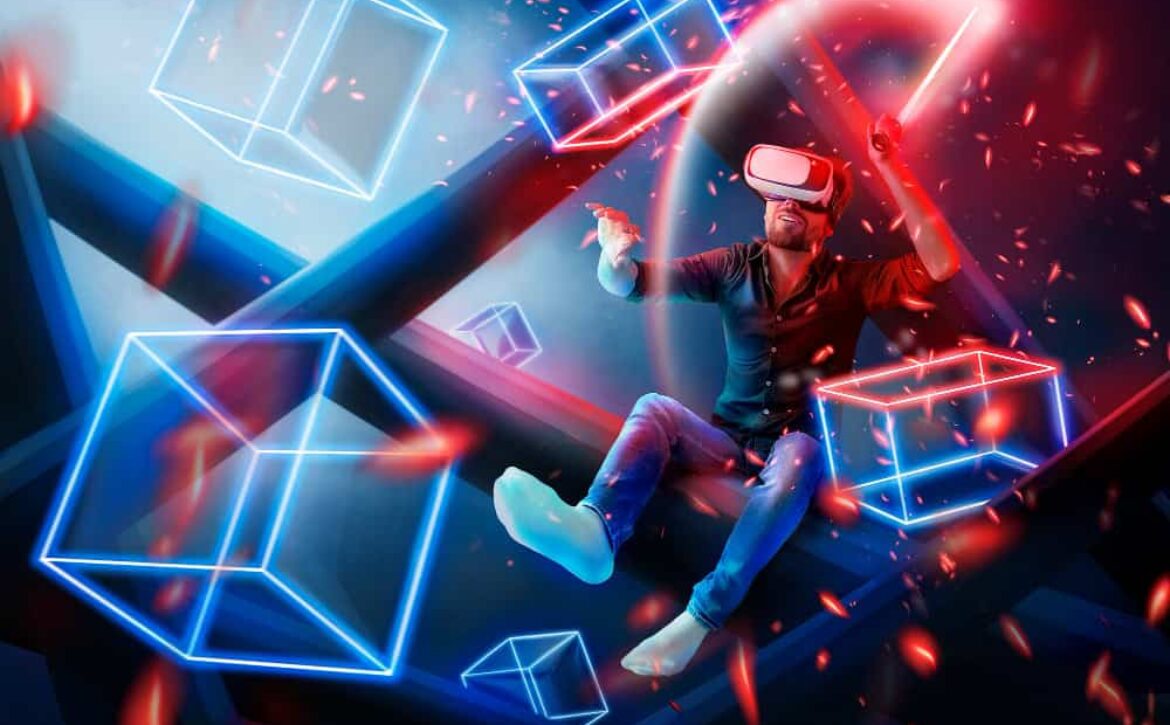The Impact of AI on Game Design and Player Experience
Artificial Intelligence (AI) is revolutionizing the gaming industry, transforming how games are designed and how players interact with them. From dynamic storytelling to adaptive gameplay, AI is enhancing player engagement and creating more immersive experiences. GoodWorkLabs, a leader in AI-driven game development, is at the forefront of this transformation, delivering innovative solutions that redefine gaming.
How AI is Transforming Game Design
1. Procedural Content Generation (PCG)
AI enables the automatic creation of game content, such as levels, maps, and quests, through procedural content generation. This approach not only accelerates development but also ensures unique experiences for players in each playthrough. Games like Minecraft and No Man’s Sky utilize PCG to offer vast, explorable worlds.
2. Adaptive Non-Player Characters (NPCs)
Modern AI techniques, including machine learning and neural networks, allow NPCs to exhibit realistic behaviors and adapt to player actions. This results in more engaging and unpredictable interactions, enhancing the overall gameplay experience.
3. Dynamic Difficulty Adjustment (DDA)
AI-driven DDA systems monitor player performance and adjust game difficulty in real time to maintain optimal challenge levels. This ensures that players remain engaged without feeling overwhelmed or bored.
4. AI-Driven Storytelling
AI facilitates dynamic storytelling by adapting narratives based on player choices and behaviors. This leads to personalized storylines and increased replayability. For instance, AI Dungeon uses AI to generate unique narratives in response to player inputs.
Enhancing Player Experience with AI
1. Personalized Gaming Experiences
AI analyzes player data to tailor game elements, such as difficulty, content, and rewards, to individual preferences. This personalization enhances player satisfaction and retention.
2. Real-Time Feedback and Adaptation
AI systems can provide immediate feedback and adapt gameplay elements in real time, creating a responsive and immersive gaming environment.
3. Improved Game Testing and Quality Assurance
AI automates testing processes by simulating various scenarios and identifying potential issues, thereby improving game quality and reducing development time.
GoodWorkLabs: Pioneering AI in Game Development
GoodWorkLabs leverages cutting-edge AI technologies to develop games that offer unparalleled player experiences. Our expertise includes:
-
AI-Powered Game Mechanics: Implementing adaptive systems that respond to player behavior.
-
Procedural Content Generation: Creating diverse and expansive game worlds.
-
Intelligent NPC Design: Developing characters with realistic behaviors and interactions.
-
Dynamic Storytelling: Crafting narratives that evolve based on player choices.
Our commitment to innovation ensures that we deliver games that are not only entertaining but also technologically advanced.
The Future of AI in Gaming
As AI continues to evolve, its integration into gaming will become even more profound. Future developments may include:
-
Emotion Recognition: Games that adapt to players’ emotional states.
-
Advanced Procedural Generation: Even more complex and realistic game environments.
-
Enhanced Player Modeling: A deeper understanding of player behaviors and preferences.
GoodWorkLabs is dedicated to exploring these advancements to push the boundaries of what’s possible in gaming.
Conclusion
AI is reshaping the landscape of game design and player experience. By embracing AI technologies, developers can create more engaging, personalized, and immersive games. GoodWorkLabs stands at the forefront of this revolution, delivering innovative solutions that redefine gaming.
Ready to Revolutionize Your Game with AI?
Partner with GoodWorkLabs to harness the power of AI in your game development projects. Contact us today to learn how we can help you create the next generation of gaming experiences.





